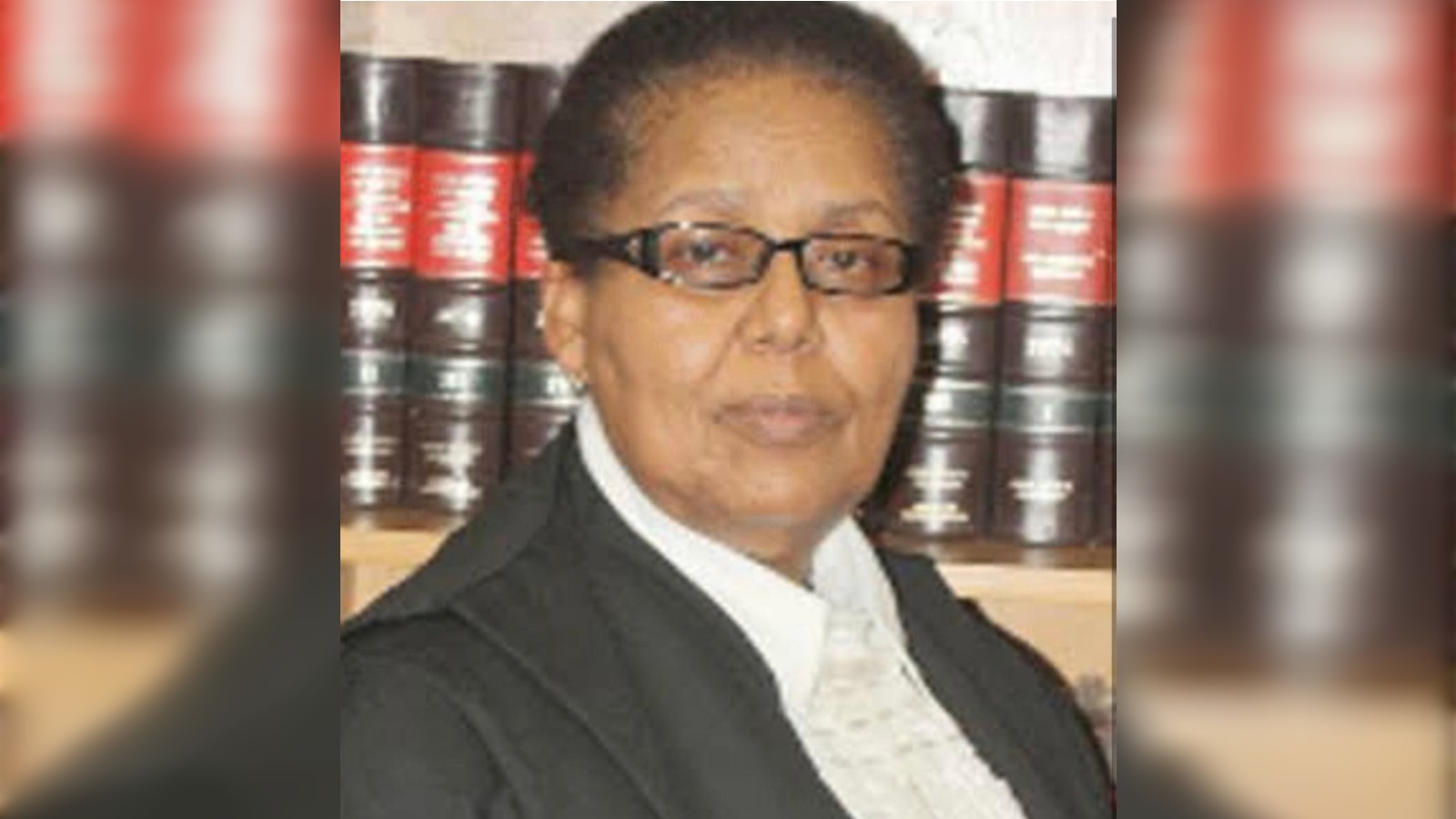
OCTOBER GOODBYES AND HAPPY BIRTHDAYS: JUDGE QINISILE MABUZA FINALLY RETIRES FROM THE BENCH ON HER BIRTH MONTH
Cometh the time, cometh the hour. October 21 will be a bittersweet day for Judge Qinisile Mabuza. It marks both her birthday and the day she officially retires from the High Court, ending a distinguished judicial career that has defined Eswatini’s post-independence era.
Already on leave, Judge Mabuza has effectively taken her final bow at the Eswatini High Court, concluding one of the most illustrious chapters in the nation’s legal history. As Swazi Bridge earlier reported, Justice Mabuza is set to retire after decades of service on the bench this month.
She is currently out of the country attending to COMESA Court of Justice duties, from which she is also expected to step down soon. Sources within the judiciary confirm that she is not expected to return to the bench in Mbabane, as her official retirement takes effect on October 21.
If she leaves without any outstanding judgments, her retirement will close an exemplary career unmarred by delay or controversy. However, under the law, should she have pending matters, she will be granted a three-month extension to conclude them before officially vacating office.
In exactly four days time Judge Mabuza will, on the one hand, turn 68 years—heralding a new beginning on her life— and on the other hand, close an illustrious chapter as a Jurist, legal scholar and human rights defender in judicial ropes
Judge Qinisile Mabuza
Justice Mabuza, who made history as Eswatini’s first female judge, has long been celebrated for her legal acumen, fearlessness, and principled approach to the law. Over the years, she has delivered several landmark judgments that reshaped Eswatini’s constitutional and human rights landscape.
Her most famous ruling came in Mary-Joyce Doo Aphane v Registrar of Deeds (2010), where she held that married women have equal rights to register property in their own names — a decision that broke new ground for women’s rights and prompted long-overdue legislative reform.
She also presided over numerous high-profile cases, including electoral disputes, land conflicts, and constitutional interpretation matters often demonstrating independence and moral courage, even in politically sensitive circumstances. Among her notable rulings was her decision in the Mzikayise Ntshangase case, where she ordered that the late chief — who had lain unburied for over five years — be accorded a dignified burial.
One lawyer described Judge Mabuza’s departure as “the end of a judicial era,” adding: “Judge Qinisile was never afraid to dissent or to speak truth to power. Her rulings on women’s rights and governance issues have left an indelible mark on our legal system.”
Beyond her judicial work, Justice Mabuza represented Eswatini at the COMESA Court of Justice, where she continued to champion fairness and regional integration. She has also been a mentor to many young judges and lawyers, particularly women, inspiring them to pursue excellence in a male-dominated profession.
Her retirement, colleagues say, marks not just the end of an era but also a moment for reflection on how one judge’s integrity helped shape the moral character of the nation’s judiciary.
“She carried the robe with grace and left it with honour,” said a retired High Court judge who worked alongside her. “There will never be another quite like her.”
